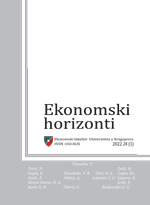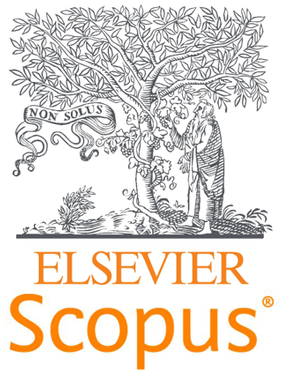ARE IFRS ACCEPTABLE FOR A DEVELOPING COUNTRY WITH SPECIFIC BUSINESS CULTURE? SUDANESE ACCOUNTANTS’ ATTITUDES
Dejan Spasic1,3, Mutaz A. Abouagla2 and Vojislav Sekerez1
1University of Belgrade, Faculty of Economics, The Republic of Serbia
2University of Gadarif, Faculty of Economics and Administrative sciences, Sudan
3University of Niš, Faculty of Economics, The Republic of Serbia
Developing countries are faced with a lot of challenges in providing high-quality financial reports based on modern accounting regulations and practices. With its specific colonial and postcolonial history of socioeconomic relations, Sudan is one of a few countries that has not adopted the International Financial Reporting Standards (IFRS) either as a mandatory or as a voluntary financial reporting framework. Focusing on a sample of 142 respondents, the attitudes towards the obstacles and possible benefits of introducing the IFRS in Sudan expressed by accountants working in the industry sector are examined in the paper. This research study has shown that Sudanese accountants are highly aware of the needs and benefits of the IFRS adoption. The respondents predominantly agree that the IFRS adoption would increase the FDI inflow, reduce frauds and other unlawful activities, and improve the comparability, reliability and transparency of financial information, which currently is not the case. However, the research shows that accountants in Sudan also express a high degree of skepticism, given the numerous restrictions that they believe would make the introduction of the IFRS more difficult.
Keywords: Sudan, IFRS, advantages and disadvantages, accountants’ attitudes
JEL Classification: M41, M48, F63




